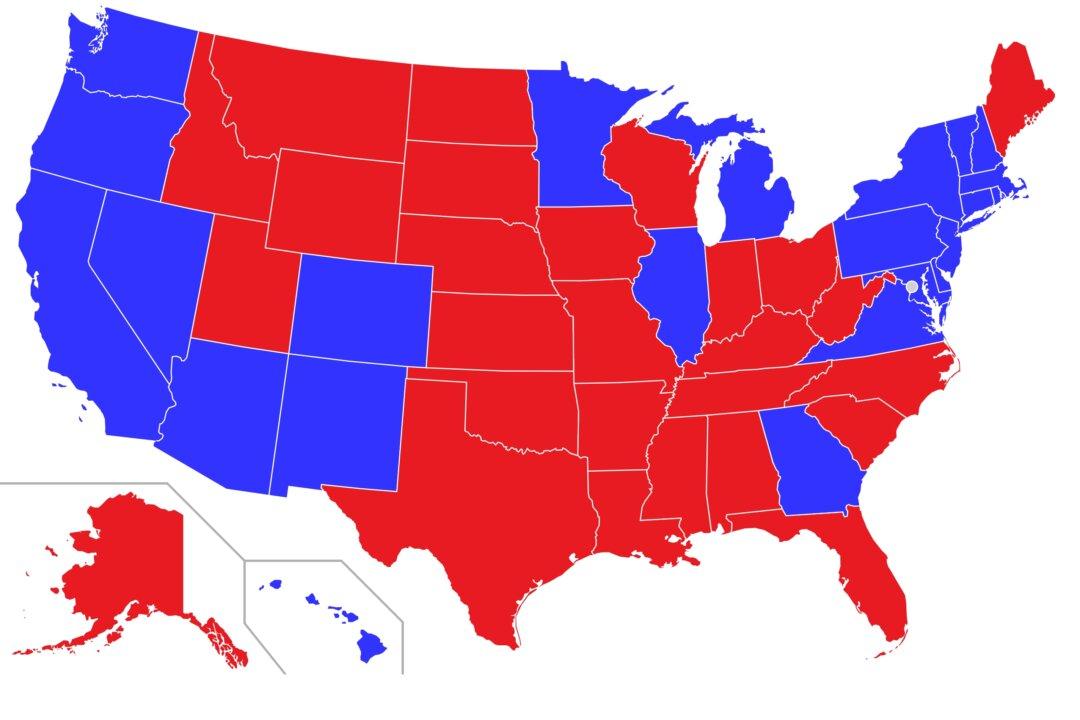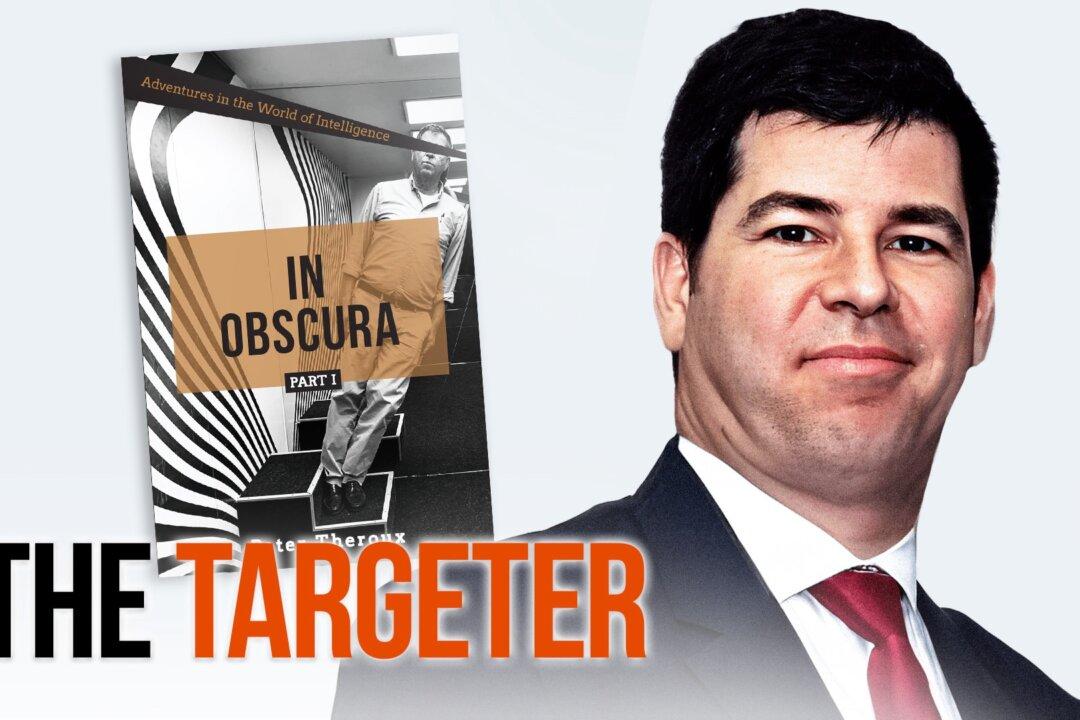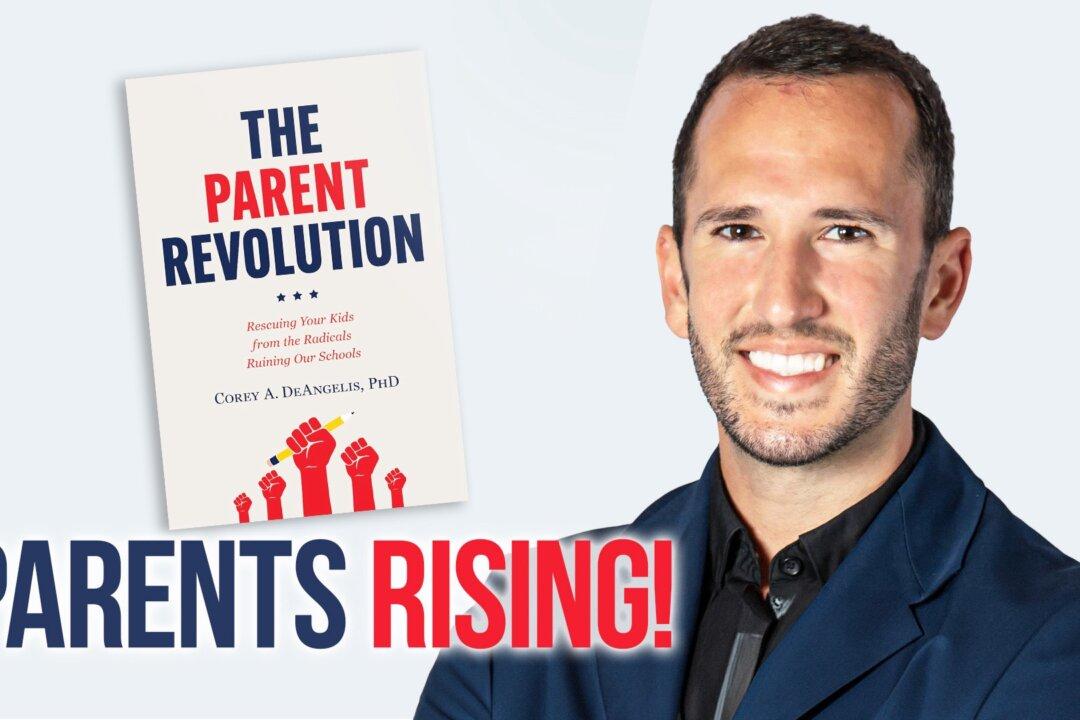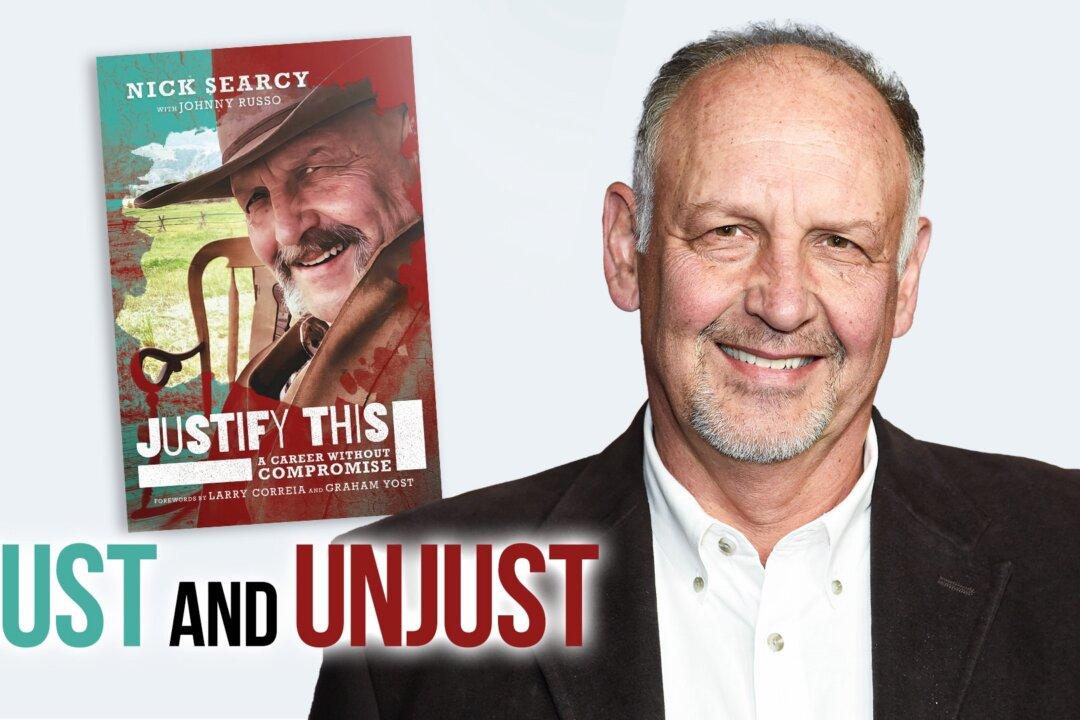Commentary
With the Civil War, the United States was split by region, north and south. Today, it’s worse—the country is divided not just politically, but also by class, race, and sex. Left and right, blue and red, have different values and thus dream differently for themselves and their families and hold competing ideals for the country they share. It hardly comes as a surprise then that so many are asking whether we should part ways before the divide gets even worse.





